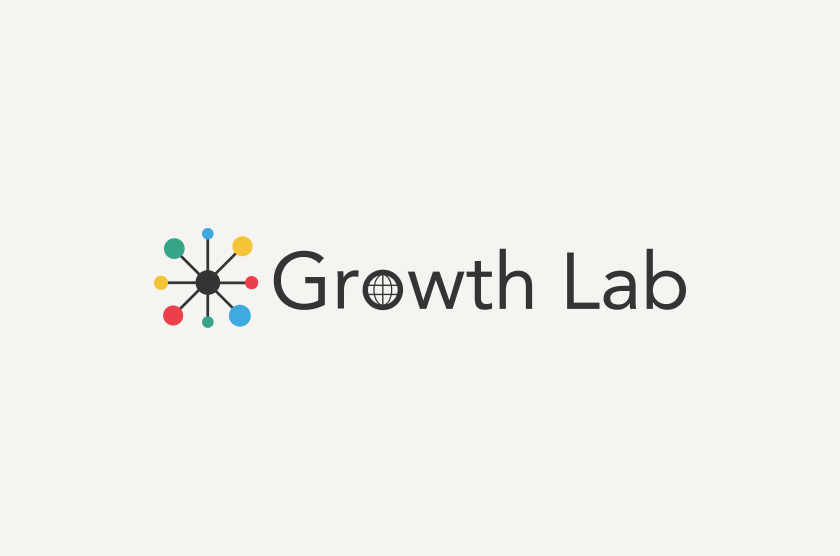Harvard report diagnoses drivers of South Africa’s severe economic and social challenges
November 15, 2023
Researchers at the Growth Lab identify problems undermining inclusive growth: collapsing state capacity and spatial exclusion
Cambridge, MA — A new report by Harvard’s Growth Lab finds that South Africa’s economy is performing poorly, and its society is facing the consequences of extreme unemployment and inequality. Three decades after the end of apartheid, the economy is defined by stagnation and exclusion, and current strategies are not achieving inclusion and empowerment in practice.
This report asks the question of why. It documents the central findings of an intensive two-year applied research project by the Harvard Growth Lab, led by Professor Ricardo Hausmann, where a large team conducted a deep diagnostic of potential causes of South Africa’s prolonged underperformance. Throughout the project, the research team worked alongside public officials, the business community, members of the academic community, and numerous non-profit entities to understand constraints at a deeper level.
The report describes how South Africa is not accomplishing its goals of inclusion, empowerment, and transformation and argues that new strategies and instruments will be needed to do so. The research identifies two broad classes of problems that undermine inclusive growth across South Africa: collapsing state capacity and spatial exclusion. These issues have caused the South African economy to lose its historic sources of comparative advantage — including its cheap and reliable electricity — and have kept the labor, talents, and capabilities of far too many South Africans disconnected.
To South Africans, it is obvious that systems of electricity, rail, ports, telecoms, security, and water have been deteriorating dramatically—the report documents how this has had an enormous impact on the ability of the economy to produce. By exploring cases of electricity and municipal government performance, the researchers arrive at four interacting causes of collapsing state capacity: gridlock on key decisions, ideologies that limit the full use of society’s capabilities, overburdening of state organizations with goals beyond their core missions, and systems of political patronage.
Structures of spatial exclusion in both urban and rural areas have a long history in South Africa, but the researchers find that “these have been inadvertently entrenched through well-intentioned post-apartheid housing policies.” Effective inclusion of the marginalized black majority will require direct responses to spatial exclusion through urban and housing policies that will allow for more inclusive cities as well as new strategies to bridge knowhow between the productive economy and rural areas of former homelands, which remain largely excluded.
Finally, the researchers outline how South Africa could better leverage global decarbonization to build new comparative advantages. South Africa does not only have vast opportunities to produce and benefit from renewable energy; it also has widespread potential to supply many of the minerals, goods, services, and innovations that the world will need to decarbonize at the scale needed to address global climate change.
Contact: Chuck McKenney
Phone: (617) 495-8496
Related Event
Join Ann Bernstein, executive director of the Centre for Development and Enterprise, and Ricardo Hausmann, director of the Growth Lab, for a discussion about South Africa’s economic and social challenges, and a new route to growth and inclusion.
Date: Wed. November 15th
Time: 5:30 PM SAST
Location: Zoom (Registration link)

